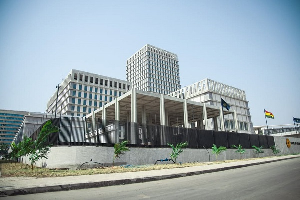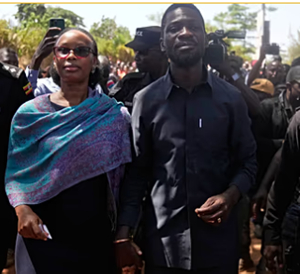National Development Planning Commission (NDPC) says low birth rate being experienced currently in the country would be of great economic benefit to the nation.
According to the Commission, birth rate which has dropped from six children per woman to four children per woman on the average would enable families to save money on large family size and even invest back into the economy.
The NDPC noted that the changing number in births, deaths and diseases termed as “demography” must be embraced by the citizens.
Executive Director of NDPC, Dr. Nii Moi Thompson, addressing the media at a workshop dubbed; “Harnessing the Demographic Dividend,” noted that the country as at now has high youth population due to low births.
It was organised recently in Accra by NDPC and United Nations Population Fund (UNEPA) to stimulate the importance of population issues which were articulated in the International Conference on Population and Development (ICPD) 2014 and Millennium Development Goals (2015).
Dr. Thompson said for Ghana to benefit from this dispensation, more must be done to accord population issues, thus placing emphasis on all sectors of the economy.
“To do this effectively, there is the need to expand the thinking from just population to encompass its dynamics, including population growth, structure and composition,” he said.
Over the past five decades, Ghana has witnessed a gradual change from a youthful population to working age of 15-59 years, which now constitutes 55 per cent of the total, according to 2010 Population and Housing Census.
With the working age population now exceeding the population of non-working age, the current population structure presents real potential for reaping demographic dividend.
The NDPC boss said the high youth population in Ghana has a distinct opportunity to build up its resources to maximize economic growth.
According to Dr. Thompson, Ghana could only sustain fertility decline if it invests more into family planning, child survival, and educating girls and strengthening the education system to ensure that young people can complete school and acquire the necessary skills for the job market.
He pointed out that Ghana must work hard to attract investments that would help create decent jobs to absorb the growing working age population and deepening good governance with the view to creating the environment that supports private sector growth, and local and foreign direct investment.
General News of Tuesday, 9 December 2014
Source: Today Newspaper













